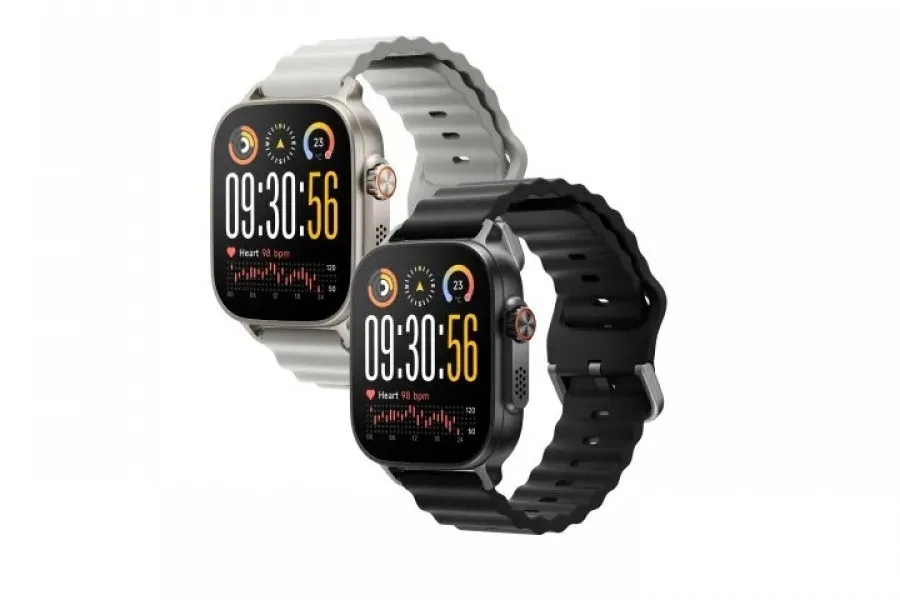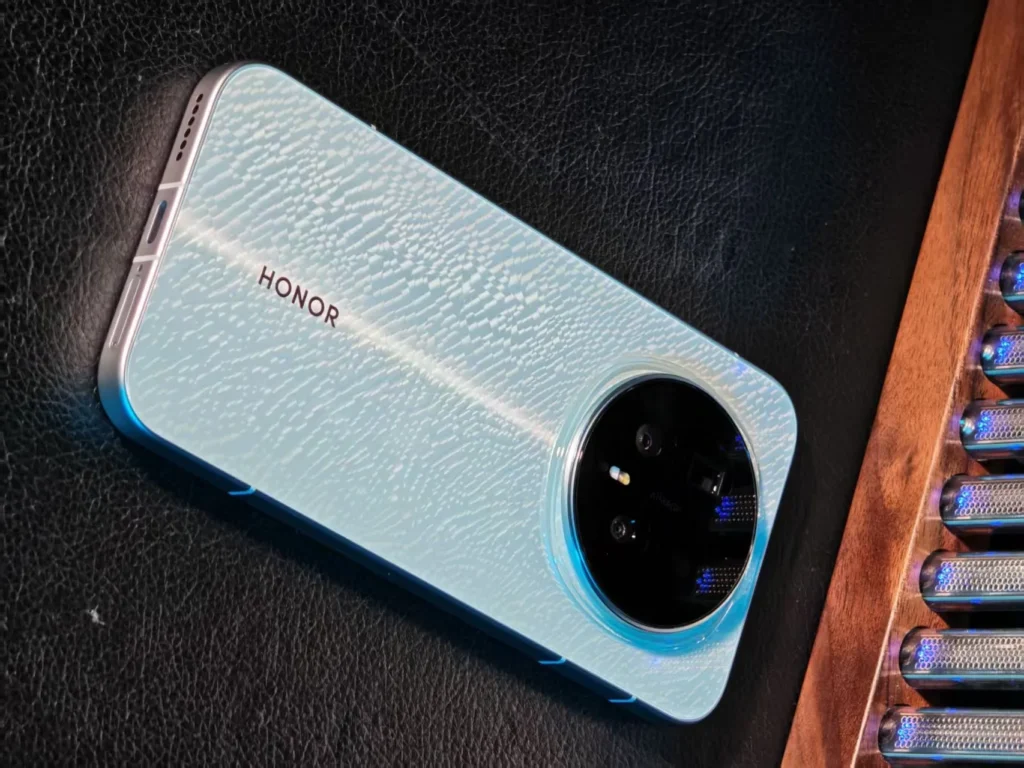AirPods of the Future: Apple Prepares an H3 Chip, Health Sensors, and Integrated Cameras to Enhance AI
While Apple has just launched the AirPods Pro 3, the Cupertino company is already working on the next generation of its connected earbuds.
According to Mark Gurman’s report (Bloomberg), the company is preparing a bold redesign for its AirPods that focuses on a new H3 chip, unprecedented health features, and surprisingly, integrated cameras.
AirPods: A New H3 Chip and Advanced Health Features
According to the journalist, Apple’s chip design teams are working on a next-generation H3 SoC aimed at providing:
- Improved audio quality,
- Reduced latency,
- And better energy efficiency.
However, Apple’s ambitions go far beyond just audio enhancement. The future AirPods are expected to include health sensors, such as a耳温 thermometer capable of accurately measuring body temperature.
This advancement would place the earbuds in line with the Apple Watch, which has already become a cornerstone of connected health. Apple now envisages the AirPods as a personal well-being tool as much as an audio accessory.
Toward AI-Enhanced AirPods
Another significant project, according to Gurman, involves integrating AI into the user experience. The future AirPods won’t just be simple earbuds; they will become intelligent interfaces capable of understanding context, interacting, and assisting the user in their daily life.
Apple is specifically working on prototypes of AirPods equipped with micro-cameras, an idea previously mentioned in reports but now appearing to progress into concrete research.
The goal? To enable Siri (or its future AI version) to “see” what you see. Imagine earbuds that can recognize an object, instantly translate a restaurant menu abroad, or guide you through a repair simply based on your visual field. “What the iPhone has done for the eye and hand, Apple now seeks to do for the ear,” summarizes an analyst.
The Ear: A New Strategic Terrain for Apple
This project illustrates a much broader vision: that of ambient computing, where users interact with technology in a natural and seamless way. In this strategy, the AirPods and the Apple Watch become two pillars of the connected body, discreet sensors that communicate with future devices like Apple Glass.
The ear proves to be an ideal location for these innovations: it allows for reliable measurement of certain physiological parameters (temperature, heart rate, oxygenation) and serves as a direct interaction point with voice AI.
Cameras in Ears: A Brilliant Idea or Privacy Nightmare?
The idea of integrating a camera into earbuds may sound both fascinating and concerning. While such technology could allow an AI to provide real-time assistance, it raises significant privacy and ethical concerns.
Apple, often seen as a model for privacy respect, will need to balance innovation with data protection. Additionally, social perceptions could be complex: wearing earbuds capable of recording or filming might trigger discomfort, similar to the reaction towards the first Google Glass.
However, the context has changed: connected glasses from Meta, Ray-Ban, and Xiaomi have normalized the idea of wearable cameras. Therefore, Apple might focus on ultra-discreet and secure integration, relying on 100% local image processing via its future “Apple Intelligence” AI.
AirPods, Apple Watch, Vision Pro: The Three Pillars of the Future Ecosystem
The future AirPods may no longer just be accessories, but a major gateway into the Apple ecosystem. Alongside the Vision Pro and the Watch, they could form a complementary trio: the spatial headset for visual immersion, the watch for health, and the earbuds for interaction and assistance.
In this vision, users could operate without their iPhones, interacting with their environments through voice, vision, and gestures, within a coherent system where each device communicates with the others.
Upcoming Competition: Apple vs. Samsung and Google
Apple is not alone in this arena. Samsung is already preparing Galaxy Buds equipped with a contextual AI assistant, while Google is exploring interactions between Gemini and its Pixel Buds.
Yet, thanks to its unified ecosystem — iPhone, Watch, iPad, Vision Pro — Apple could maintain a considerable lead. The company is not just looking to sell accessories anymore; it’s reconfiguring the way we interact with technology, turning our ears into a true intelligent control center.
What was once just an audio accessory is on the verge of becoming a personal AI device at the heart of the Apple ecosystem.




